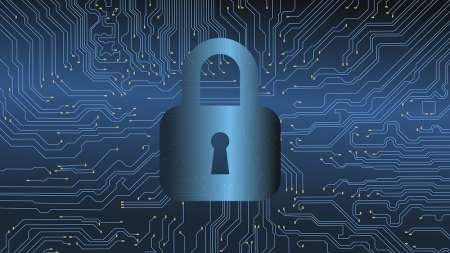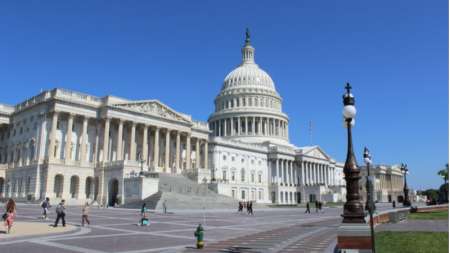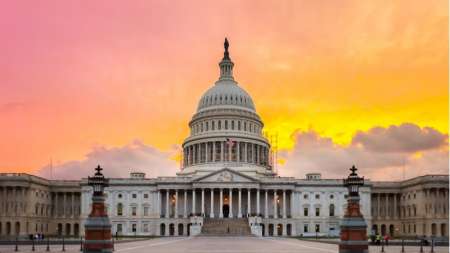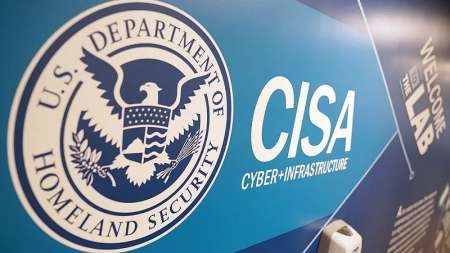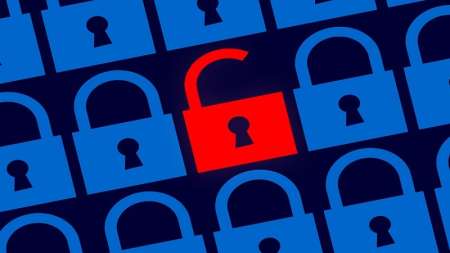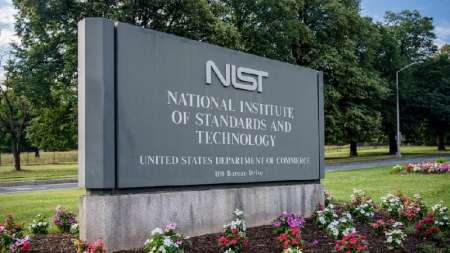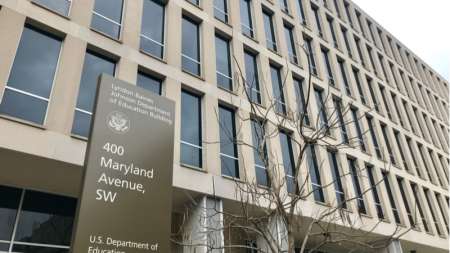Historically, Federal agencies have been instructed to be secretive on cyber matters, but a key step in fortifying the software supply chain is clear and constant information sharing, according to Jeanette McMillian, the assistant director for Supply Chain and Cyber at the National Counterintelligence and Security Center. […]
As the one-year anniversary of the Biden administration’s cybersecurity executive order (EO) nears, join Federal government and industry experts on May 19 for MeriTalk’s in-person Cyber Central conference to explore how agencies are building a more resilient government cybersecurity posture. […]
National Cyber Director Chris Inglis warned that the U.S. and its allies have to stay on high alert for possible Russian cyberattacks, although no major attacks appear to have been launched thus far since Russia invaded Ukraine in late February. […]
Reps. Nancy Mace, R-S.C., Ro Khanna, D-Calif., and Gerry Connolly, D-Va., introduced legislation to get ahead of the quantum computing curve protecting Federal agencies from the hacking risks connected to the emerging tech. […]
The President’s Management Agenda (PMA) sets out broad, ambitious goals for improving the customer experience and empowering the Federal workforce. While technology underpins these goals, in-depth understanding of the agency mission and challenges is required to truly realize the promise of the PMA. MeriTalk sat down with Joe Kehoe, vice president of the Department of Defense (DoD) practice at Maximus, to learn how his company approaches agency engagements and leverages emerging technologies to modernize agency systems – with the goal of providing the best experience for his customers’ customers: American citizens. […]
Your agency has acquired the latest and greatest cloud business communications platform. It allows employees to collaborate on projects, store documents in the cloud, instant message, and hold video calls – increasing employee productivity. Your agency isn’t alone. Gartner reports that almost 80 percent of workers used collaboration tools in 2021, an increase of 44 percent since the start of the pandemic. […]
The Senate adopted the House-passed version of the National Cybersecurity Preparedness Consortium (NCPC) Act by unanimous consent, sending the bill to the President’s desk for his signature. […]
Sens. Rob Portman, R-Ohio, Roy Blunt, R-Mo., Amy Klobuchar, D-Minn., and Gary Peters, D-Mich., have introduced new legislation that would ensure sharing of cybersecurity information between operational cyber staff in the Executive Branch and the members of the Senate and House. […]
Gene Dodaro, U.S. Comptroller General and head of the Government Accountability Office (GAO), told the House Appropriations Committee’s subcommittee on the Legislative Branch today that the double-digit annual budget increase for GAO proposed in the Biden administration’s FY 2023 budget request will help the agency expand its oversight of a host of cybersecurity and technology-related areas. […]
The U.S. Army has appointed Michael Sulmeyer as the service branch’s new principal cyber adviser, taking the helm from Terry Mitchell who was appointed to the position in September 2020. […]
Federal cybersecurity agencies along with the Department of Energy (DOE) have published a new cyber advisory that talks about several Russian hacks on the energy sector between 2011 and 2018 that are the subject of a Department of Justice (DOJ) indictment unsealed this week against Russian actors for those past attacks. […]
The Cybersecurity and Infrastructure Security Agency (CISA) and the Federal Bureau of Investigation (FBI) issued an alert on March 17 warning of possible threats to U.S. and international satellite communication (SATCOM) networks. […]
We caught up with Gilliland in recent days to talk about the policy landscape and how systems integrators like GDIT are helping government agencies to meet the new challenges. […]
A bill to authorize the Department of Homeland Security (DHS) to provide cybersecurity training help at the national, state and local levels was approved by the House on March 7. The Senate has approved similar – but not identical – legislation, so the House version will still need further Senate action before it can be submitted to President Biden for his signature. […]
The U.S. Navy is aiming to build a more agile and innovative force that can leverage information anytime and anywhere by modernizing and better defending their IT systems, several senior Navy IT officials and officers said at a March 8 virtual event organized by GovExec. […]
The United States and its allies in the North Atlantic Treaty Organization (NATO) need to be prepared to face a high-level cyber assault from the Russian government, warned Sen. Mark Warner, D-Va., on Feb. 28 during a Washington Post virtual event. […]
Iranian government-sponsored hackers are conducting active cyber operations against global commercial and government networks, according to a warning issued earlier this week by United States and United Kingdom intelligence agencies. […]
In response to President Biden’s Executive Order 14017, America’s Supply Chains, the Department of Energy (DOE) today released a comprehensive plan to ensure security and increase energy independence in the United States. […]
The U.S. Space Force’s Space Systems Command, along with the U.S. Air Force, is looking for feedback on its plans to conduct live, virtual, and on-orbit space cyber test and training events to boost training efforts for cyber professionals. […]
The Department of Defense’s (DoD) F-35 Lightning II Joint Program Office (JPO) Cyber Team seeks to advance its cyber capabilities to better protect against cyber threats and increase mission assurance. […]
Reps. Anna G. Eshoo, D-Calif., and William Timmons, R-S.C., have reintroduced bipartisan and bicameral legislation that aims to help improve the cybersecurity of local governments and small organizations. […]
Data compromises in 2021 hit an all-time high with a total of 1,826 incidents reported, according to a recent report released by Identity Theft Resource Center (ITRC). […]
Amid the blizzard of mounting security threats posed by sophisticated adversaries and increased attack surfaces spawned by large-scale telework, most Federal agencies are getting the message and moving strongly toward developing zero trust security architectures. […]
Government agencies have had to adapt to the “new normal” brought on by COVID-19 – new ways of working, new consumer behaviors, and new business reorganization. But the key to success is updated modernization, according to several chief information officers (CIO). […]
The latest cyber order released by the Cybersecurity and Infrastructure Security Agency (CISA) gives Federal agencies and industry the resources to stop or limit cybercriminals from infiltrating their systems; Michael Duffy, an associate director at CISA, said. […]
The increased velocity of major cyber attacks on U.S. government and private sector targets is giving increased urgency to the adoption of cyber incident reporting rules that will improve the government’s ability to identify and defeat them, said Tonya Ugoretz, Deputy Assistant Director for the Cyber Readiness, Outreach, and Intelligence Branch at the Federal Bureau of Investigation. […]
The National Institute of Standards and Technology (NIST) has updated its cybersecurity guidance for system engineers, adding more insight for engineers and programmers on mitigating system vulnerabilities. […]
Digital security breaches have shown us that Federal agencies are more vulnerable than anyone thought, and their security tools are no longer effectively defending against them. This begs the question, what can IT leaders and staff at all levels do to better protect Federal networks? The short answer: it’s time to rethink our approach to basic security and how we defend every endpoint across the enterprise. […]
The National Security Agency (NSA) and the Cybersecurity and Infrastructure Security Agency (CISA) published the fourth installment on securing the integrity of 5G cloud infrastructures. […]
With legacy government IT systems increasingly threatened by cyberattacks and Federal agencies on the move to improve security, the Technology Modernization Fund (TMF) is proving instrumental in helping the Education Department accelerate its transition to zero trust security architectures. […]


